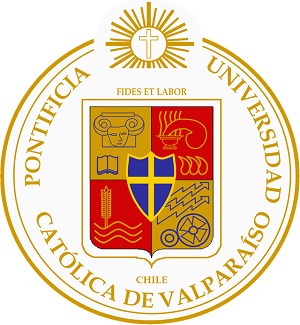Latest News
Falklands and Chile team up to understand shared resource
26 Oct 2012
Experts from Stanley and Valparaiso have teamed up to investigate the stock structure of Southern Blue Whiting, an important demersal resource that inhabits the continental shelf of southern Chile, Argentina and the Falklands in a move that highlights Argentina’s continuing refusal to share scientific knowledge on shared stocks with neighboring countries.
Straddling stocks, fish that migrate during their life cycles through the economic exclusive zones of different countries, are typically managed through multilateral arrangements where co-operation on data exchange and pre-recruit surveys result in virtually real-time monitoring of the stock with an ability to coordinate management action.
Eight years on from Argentina’s unilateral withdrawal from the South Atlantic Fisheries Commission (SAFC) which preceded a significant fall in catches and quotas in the region, there is little sign of any Argentine will to engage in mutually beneficial dialogue despite encouragement from the Falkland Islands.
The structure and operation of Regional Fisheries Organizations such SAFC, which operated successfully for 15 years producing much useful work, are well grounded in international experience and recommended by the United Nations Code of Conduct for Responsible Fisheries which calls on countries exploiting the same stock within their respective fisheries to cooperate to ensure effective conservation and management of the resources.
“We should be able to deal with the controversy,” said a spokesman for Fortuna Ltd who fish the SBW stock in Falklands waters and have experienced a recent rise in catches. “Other countries and industries face similar circumstances but they overcome the political challenges and find ways to evolve and keep the science independent”
RFMOs that operate successfully in politically sensitive areas such as CCAMLR, CCSBT and ICCAT have instituted mechanisms that protect technical evaluation and the advisory roles of their scientific committees from political decisions.
The present study applied otolith shape analysis, a method of identifying genetic differences through variations in the shape contours of otoliths, to samples taken in the South Atlantic around the Falklands and South-east Pacific in Chilean waters found evidence supporting the existence of two distinct stocks of Southern Blue Whiting. A high degree of mixing between the southern Patagonian stock of SBW and the smaller stock that spawns in Chilean waters occurring in the same feeding ground during an important life stage was also discovered.
Discrete stocks with their own rates of growth, mortality and reproduction, show different responses to fishery exploitation and understanding the overlap of the life history characteristics between these co-existing stocks is crucial, according to the authors of the report.
The study was conducted by Pontificia Universidad Catolica de Valparaiso and the Falkland Islands Fisheries Department.
